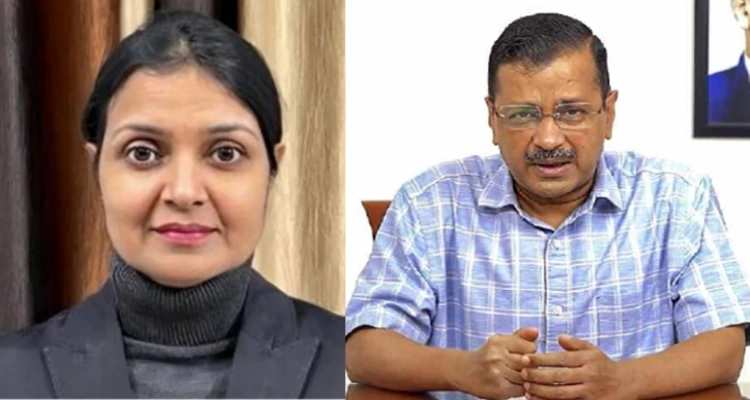
Delhi’s Rouse Avenue Court granted bail to Chief Minister Arvind Kejriwal on Thursday (20th June), citing a lack of direct evidence against him and potential bias in the Enforcement Directorate’s (ED) approach during its probe into a money-laundering case linked to alleged irregularities in the 2021-22 excise policy.
However, the Delhi High Court issued an interim stay on Friday (21st June) against the bail granted to the AAP convenor, following the ED’s challenge.
The High Court stayed the bail order until the case hearing concludes. The ED challenged the bail granted to Kejriwal, prompting the High Court intervention.
Amidst these developments, one name that has come into prominence is that of Niyay Bindu, the special judge at Rouse Avenue Court who granted bail to the Delhi Chief Minister.
So, who is Niyay Bindu, judge who granted bail to Kejriwal?
Niyay Bindu, having served as a senior civil judge in both Rohini and Dwarka courts of Delhi’s North West district, brings deep knowledge of civil and criminal law to her role as an adjudicator. Reports underscore her adeptness in navigating the complexities of legal proceedings.
In the case of Arvind Kejriwal, the Rouse Avenue court granted him bail on Thursday after finding that the ED had not presented any direct evidence linking him to the proceeds of crime. Special judge Niyay Bindu emphasized the probe agency’s failure to establish Kejriwal’s culpability in the matter.
The Judge also raised concerns about the ED’s silence regarding Kejriwal’s assertion that he was arrested in connection with an alleged excise scam money laundering case without being named in either the CBI’s FIR or the ED’s Enforcement Case Information Report (ECIR), which functions akin to an FIR for the ED.
“It is also noteworthy that the ED has not addressed how the proceeds of crime were utilized by AAP in the Assembly Elections in Goa, considering that a significant portion of the alleged amount remains unaccounted for even after approximately two years,” she further stated.




